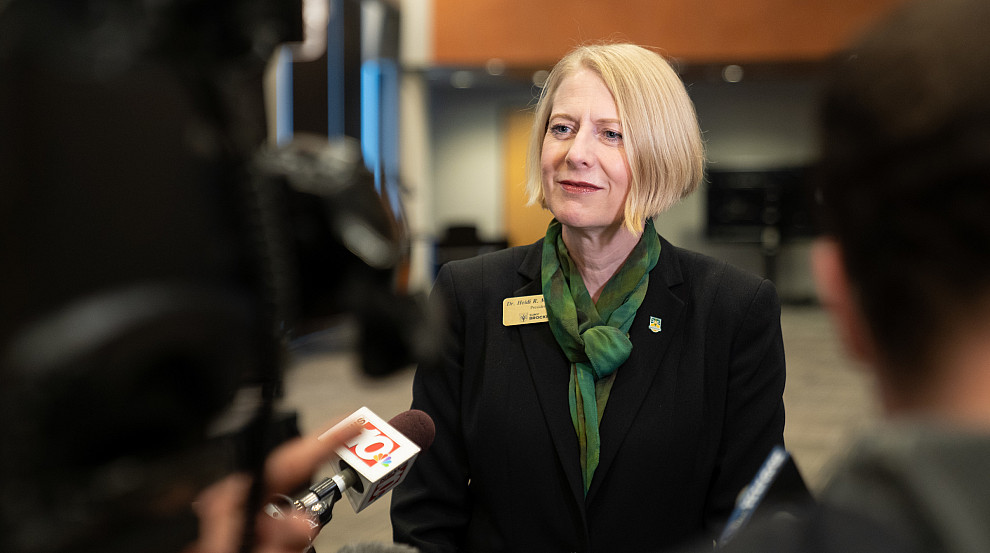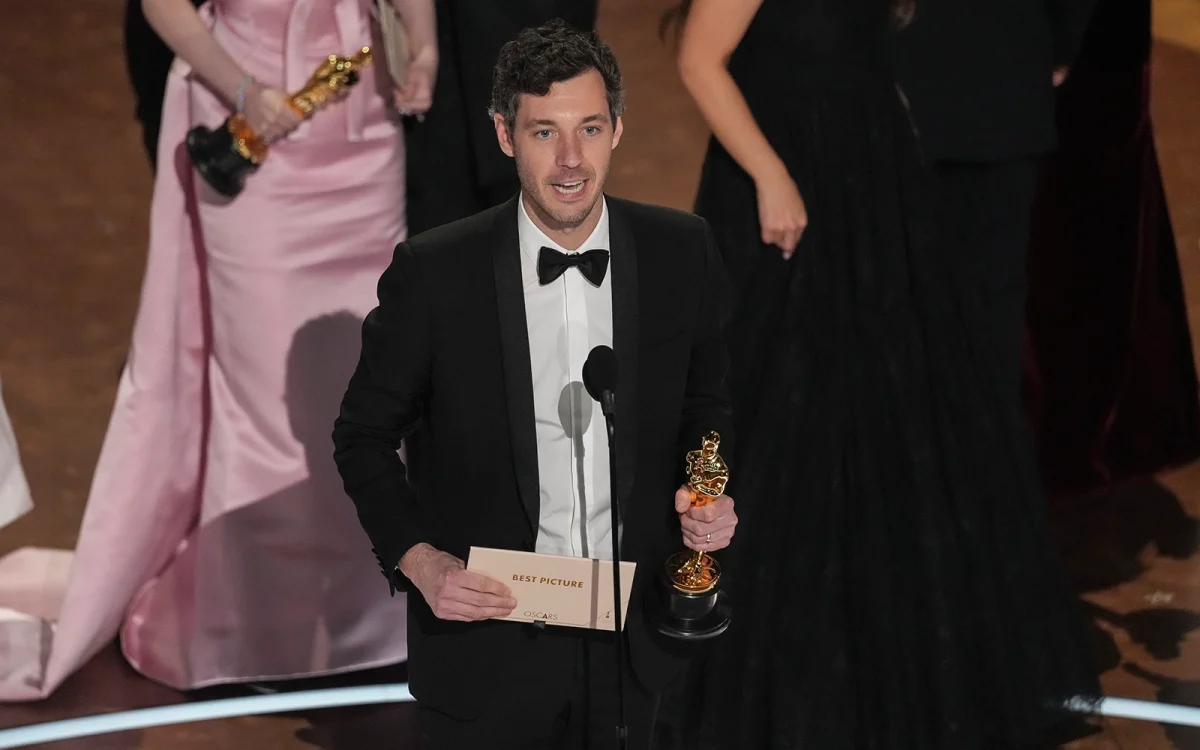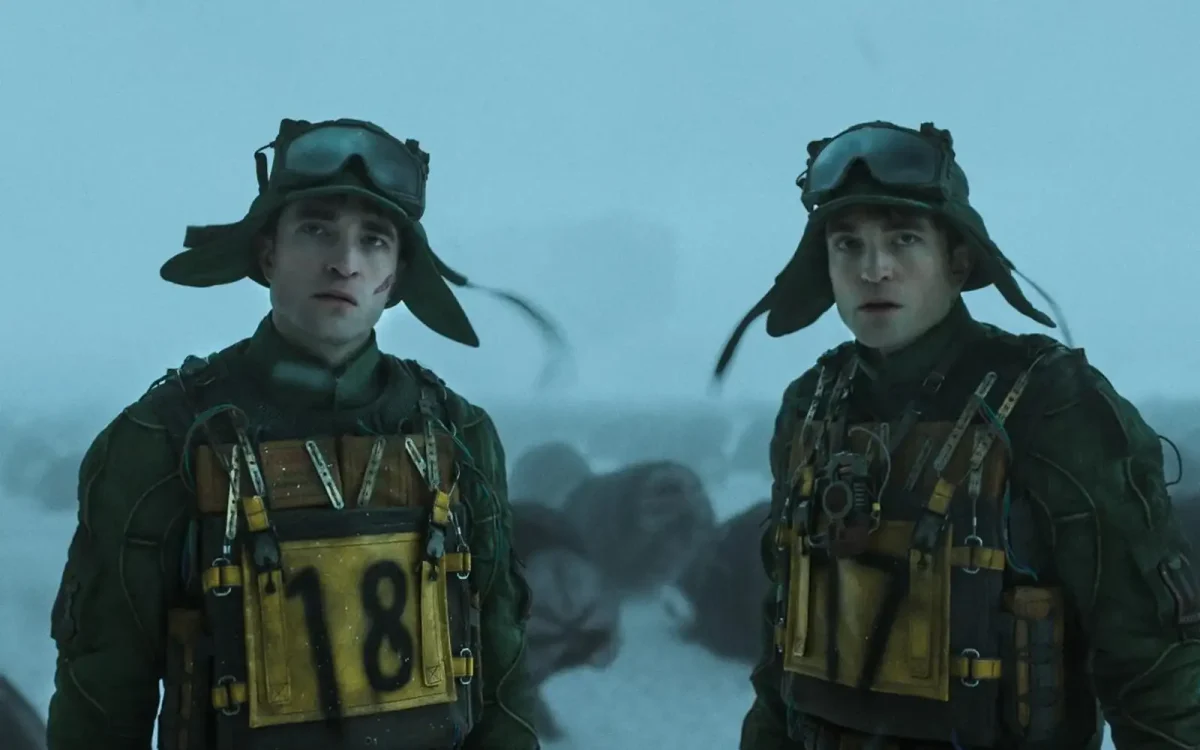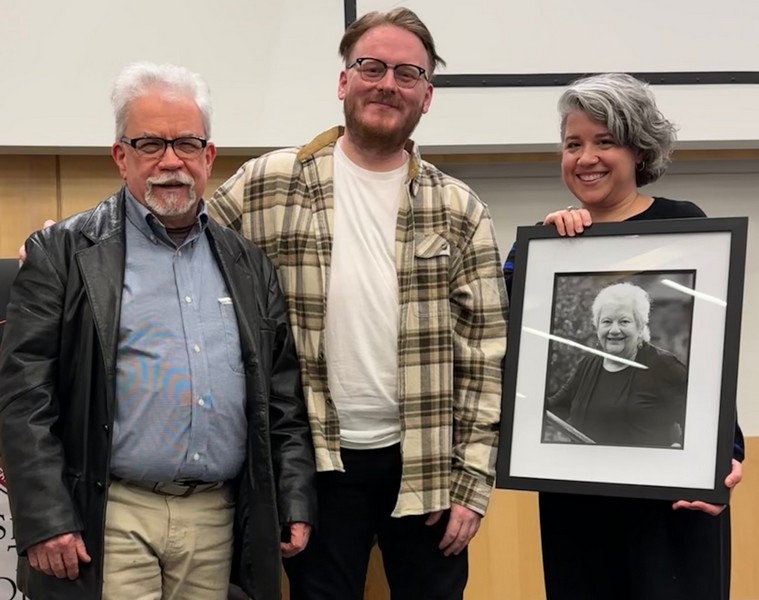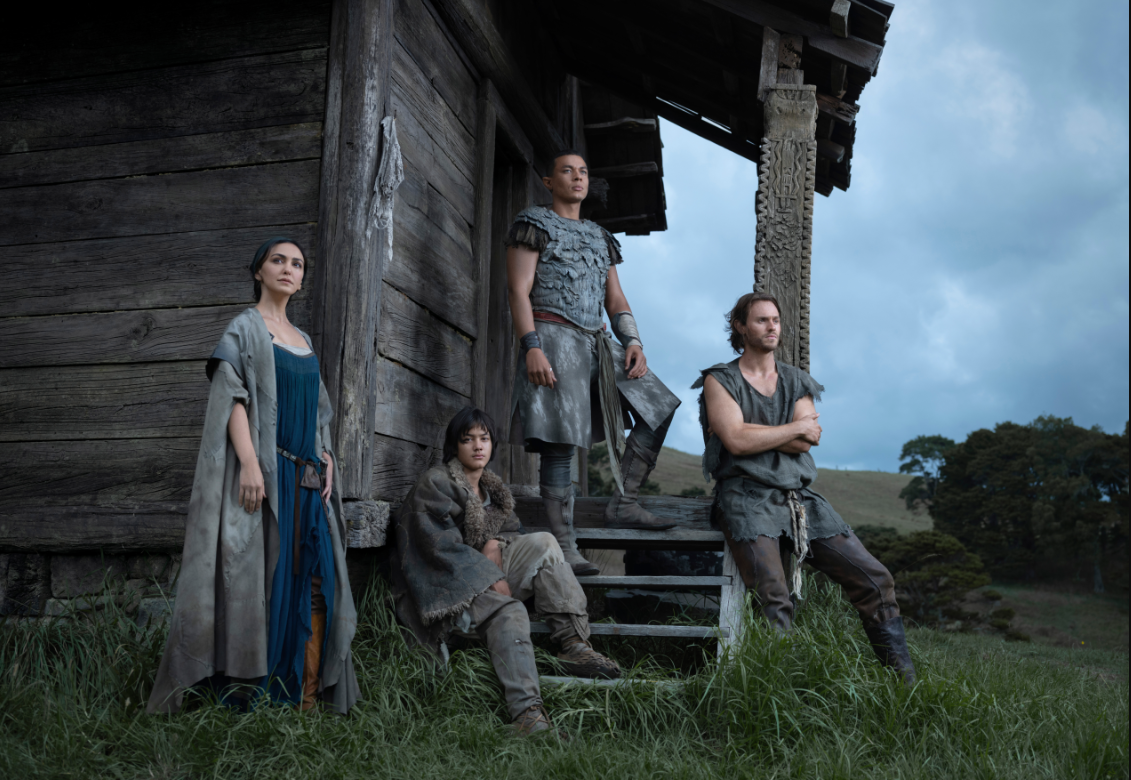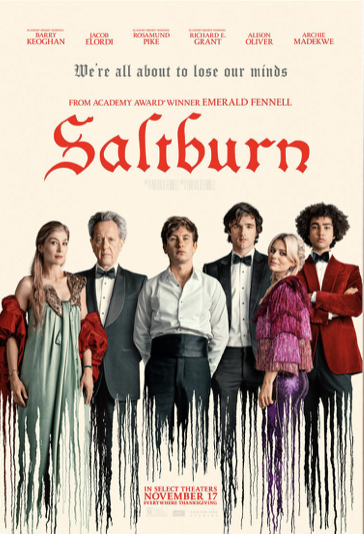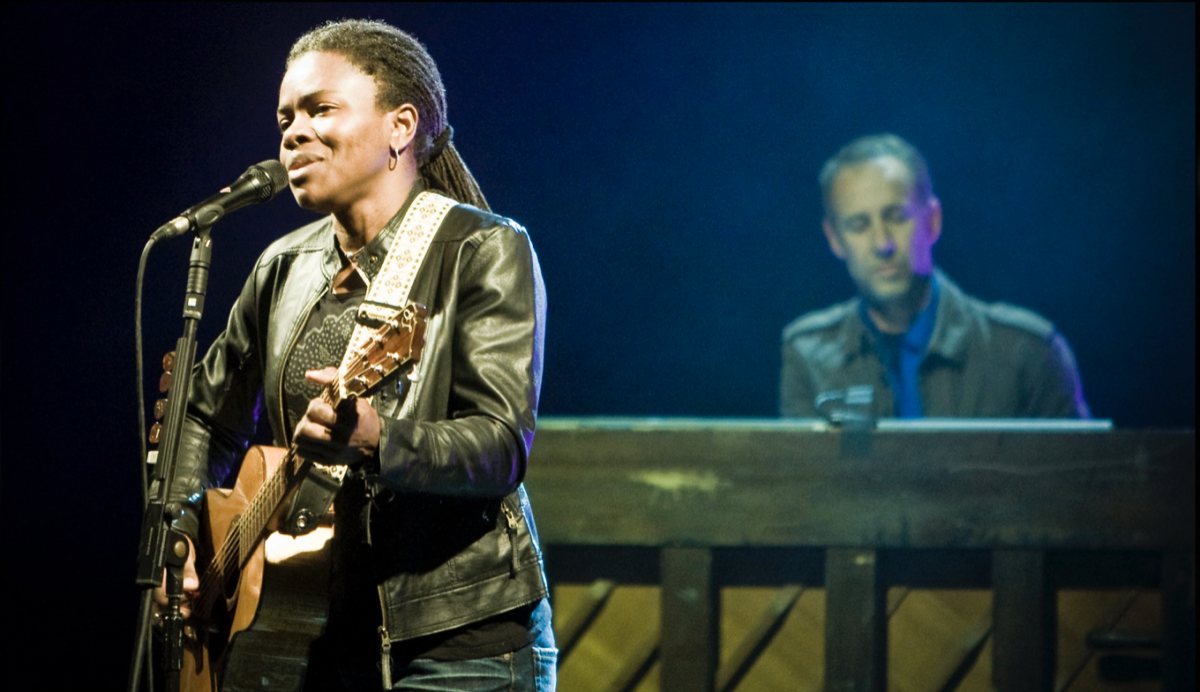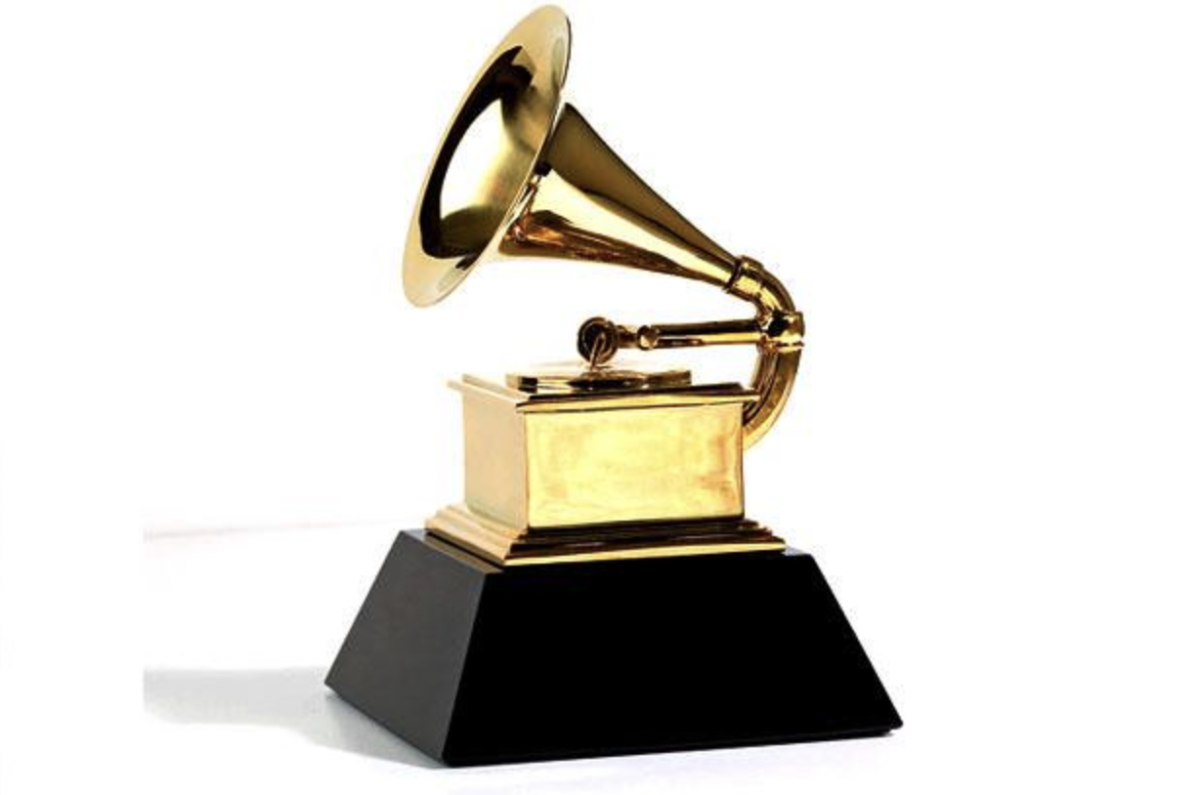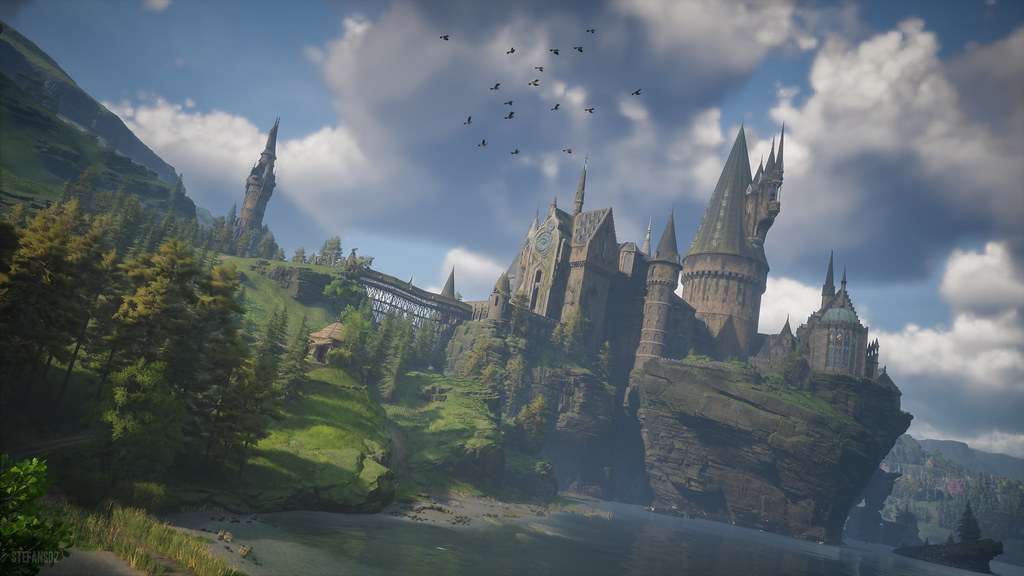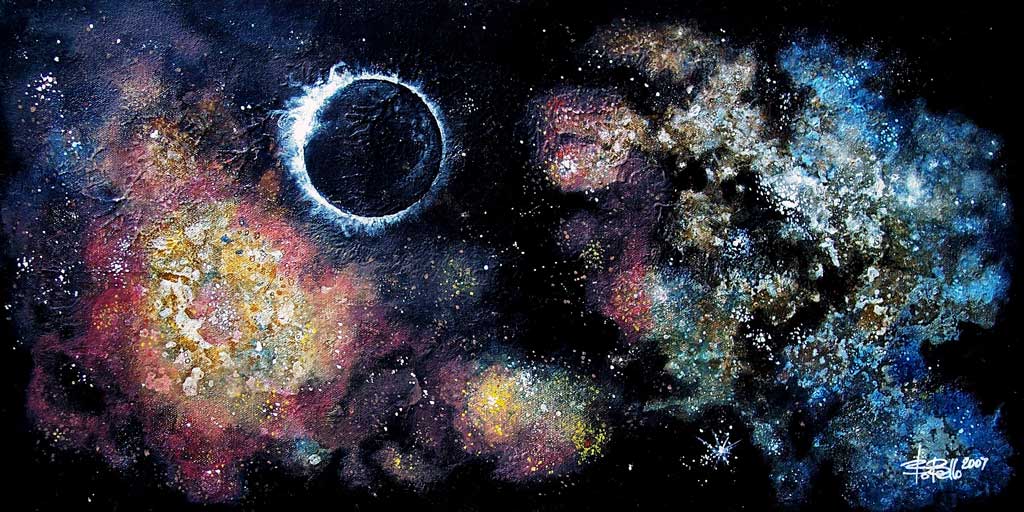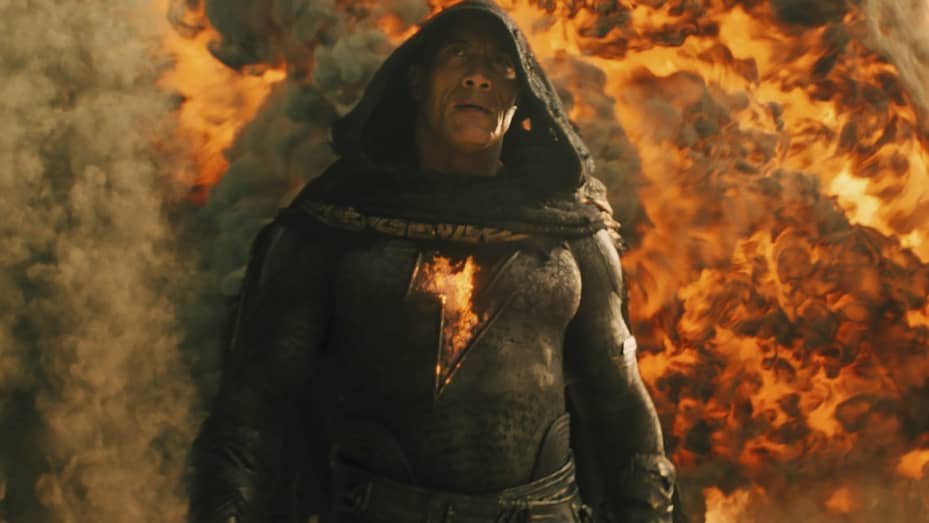SPOILER ALERT: The following review contains spoilers for The Lord of the Rings: The Rings of Power and “The Lord of the Rings” by J. R. R. Tolkien.
The Lord of the Rings: The Rings of Power is a welcoming return to the sprawling mythology created by J. R. R. Tolkien.
Helmed by showrunners J. D. Payne and Patrick McKay, The Rings of Power turns its all-seeing eye to the past, spinning a tale set thousands of years before the events of “The Hobbit” and “The Lord of the Rings.” This is one of the show’s foremost strengths, and yet, one of its greatest weaknesses.
Payne and McKay are given the freedom to not only explore the true depths of Tolkien’s world, but to also craft their own stories within the framework established by him. They are greatly successful in this endeavor, offering audiences a complex and fascinating narrative with the potential to compete with the early seasons of Game of Thrones.
The show falters, however, in its attempt to build tension around its main antagonist. Sauron, the infamous necromancer and part-time evil eye from “The Lord of the Rings,” once again threatens all of Middle-Earth with his nefarious schemes. The problem is, thanks to “The Lord of the Rings,” we already know how this story ends.
For Sauron to become the looming threat that he is in “The Lord of the Rings,” he must first be defeated in The Rings of Power. This is what I like to call “prequel syndrome,” when the drama in a prequel is undermined by the mere existence of the original story. But make no mistake, this isn’t a fatal wound to The Rings of Power. Like HBO’s Game of Thrones, the allure of this show doesn’t lie with the omnipresent threat of the villain; it lies in the relationships between the characters. The Rings of Power excels in this regard.
The Rings of Power artfully juggles five separate plot lines so far, each of which are led by a refreshingly diverse cast of memorable characters—new and old. While there are too many to discuss in detail, I would be remiss if I did not highlight a few.
Markella Kavenagh and Daniel Weyman steal the show with their performances as Nori Brandyfoot and The Stranger, respectively. This duo perfectly captures the sincerity and emotional vulnerability that is central to “The Lord of the Rings.” Every moment with them is a treat to watch, and I cannot wait to see where their story goes.
Meanwhile, Ismael Cruz Córdova and Robert Aramayo bring a humanity to their Elvish characters that other Tolkien adaptations lack. Córdova, one of the first POC actors to play an elf in a Tolkien adaptation, deserves special praise. His performance as Arondir challenges the norms of how a Tolkien elf can be portrayed—breaking away from the conventional other-worldly aloofness in favor of a more nuanced, gentle approach.
Unfortunately, the same cannot be said for Morfydd Clark as Galadriel. While there is little to critique about her performance, she certainly makes Galadriel her own, the writers fail to give Clark enough interesting material to work with. Where the other actors are allowed moments to shine, Clark is relegated to a two-dimensional role. I have no doubt that Clark has the skill to match her co-stars, but whether she will be allowed to do so is up to the showrunners.
I hesitate to make any sweeping judgements about The Rings of Power. The cast and crew obviously hold a genuine love and passion for the series and the source material, yet the show seems unsure of what it wants to be. The character drama is mostly intriguing, but the action scenes are loud and unmemorable.
The visuals are on-par with, and sometimes surpass, the most beautiful shots in Peter Jackson’s Tolkien adaptations, but Battlestar Galactica alum Bear McCreary’s score is timid—never daring to step out of the shadow of Howard Shore’s compositions for The Lord of the Rings and The Hobbit trilogies.
This unevenness is to be expected. Seldom do television shows begin with fully developed, unique identities. Some of the best shows from the last decade didn’t find their footing until their second or third season. I suspect that the same will be true for The Rings of Power.
Although it occasionally struggles under the weight of Tolkien’s source material, Payne and McKay still manage to strike an entertaining balance between the new and the familiar, delivering an engaging, heartfelt story set in Middle Earth.
New episodes of The Rings of Power are released every Friday on Amazon Prime.



